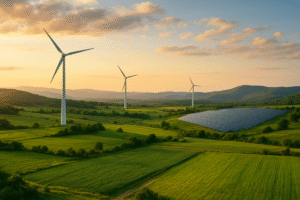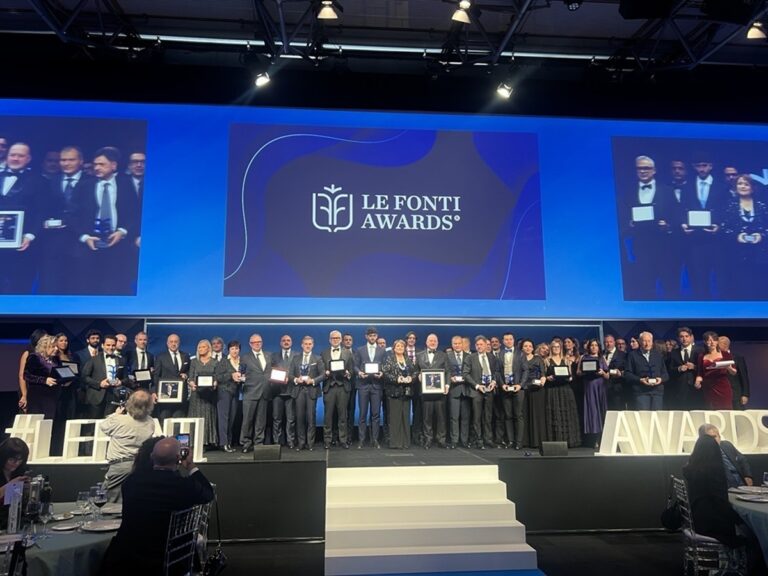Preventing water pollution is crucial in our world, where water makes up about 70% of the earth’s surface and sustains all forms of life. While the vitality of clean water for survival and daily life is widely acknowledged, we grapple with an urgent ecological crisis – water pollution. This issue is largely fueled by human activities, with pollutants steadily infiltrating our water bodies and wreaking severe damage.
As these waste materials seep into our lakes, rivers, streams, and oceans, they contaminate the water, inflicting irreversible harm on ecosystems, decimating aquatic life, and compromising water quality. While human actions are the primary contributors to water pollution, we hold the power to curb it, even if there is no magic, one-step solution.
Table of Contents
How to prevent water pollution
We’ve compiled a list of habit changes that can make a substantial difference in this battle.
1. Use water sparingly
To prevent water and sea pollution, we must first commit to judicious water use. Small changes can have a big impact. Simple acts like turning off the faucet while brushing your teeth or doing dishes can save significant amounts of water.
By conserving water, we reduce the volume of contaminated water that needs treatment and prevent water shortages. Consider more substantial steps, too, such as installing a water-efficient toilet. Each drop saved contributes to a healthier environment.
2. Use phosphate-free dish detergent
Surprisingly, your dish detergent might be a hidden source of water pollution. Many dish soaps contain phosphates, chemicals that can cause harmful algal blooms and deplete oxygen levels in water bodies.
This chain reaction leads to water pollution and can devastate aquatic life. By switching to a phosphate-free dish detergent, you can significantly reduce your contribution to water pollution.
3. Properly dispose of toxic chemicals
Households around the globe use a variety of toxic chemicals, such as pesticides, paint, paint thinner, and bleach. If improperly disposed of—say, dumped down a drain or toilet—these substances quickly add up to a substantial pollution problem.
To prevent such harm, ensure these chemicals are disposed of correctly. Many can be recycled, and your local recycling center might accept them. Additionally, many communities host hazardous waste collection days to dispose of toxic substances safely. Proper disposal can prevent these harmful chemicals from damaging our environment and water supply.
4. Avoid plastic
A pivotal step to prevent water pollution involves minimizing plastic usage. Many discarded plastic items, from soda rings to shopping bags, end up in our water bodies, causing long-lasting environmental harm.
Plastic, notorious for its stubborn resistance to decomposition, can persist for decades in water, spreading decay and disrupting ecosystems. Opt for alternatives like reusable cloth grocery bags and insulated drink containers to combat this issue.
By avoiding single-use plastic, we take a significant step towards a cleaner, healthier water system.
5. Reduce meat consumption
Believe it or not, your diet can directly influence water pollution. The factory farming of animals, such as chickens and cows, necessitates massive water consumption for their food, hygiene, and overall upkeep.
Moreover, the antibiotics and waste from these farms often infiltrate our water systems, causing pollution. While purchasing sustainably sourced meat is one solution, the most effective action is to reduce meat consumption. By shifting our dietary habits, we can collectively lessen the strain on our water resources.
6. Practice responsible landscaping
Responsible landscaping can also help to prevent water pollution. Overuse of fertilizers and pesticides can lead to runoff that contaminates nearby water bodies.
Consider using organic compost or other natural soil treatments instead, and only water your plants as needed to prevent excessive runoff. Planting native species adapted to your area’s rainfall patterns can also help reduce water use and runoff.
7. Support clean energy
Transitioning to clean energy sources can make a significant impact in reducing water pollution. Fossil fuel extraction and usage contribute to water contamination through spills and emissions.
By supporting renewable energy sources like wind, solar, and hydroelectric power, we can lessen our dependence on fossil fuels and help protect our water bodies.
8. Participate in community cleanups
Engaging in community-led cleanup efforts is another effective way to prevent water pollution. Participating in events like beach cleanups or river sweeps can help remove waste that might otherwise contribute to pollution.
This improves the health of your local water systems and encourages a community-wide commitment to protecting these crucial resources. Your actions can inspire others and create a ripple effect of positive change.
You can prevent water pollution with these habit changes
Every effort counts when it comes to combating water pollution, and each of us can play a significant role in this global cause. By making small changes in our daily habits – from conserving water and using eco-friendly products to participating in community initiatives – we can collectively contribute to a cleaner and healthier environment. Remember, preserving our water bodies today ensures a safer and more sustainable planet for future generations.
Let us strive to make our water bodies, the lifeblood of our planet, cleaner and healthier. We can turn the tide against water pollution with understanding, dedication, and commitment. Together, we can be the change and safeguard our planet’s most precious resource.
Read also: Water inequality: how water use by the rich worsens the hydric crisis












